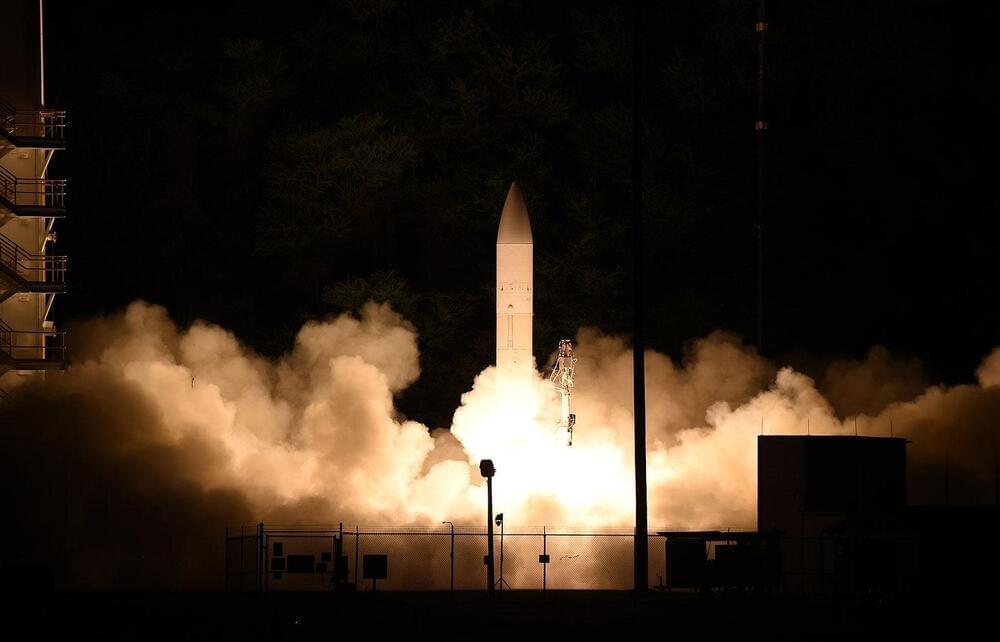While the world’s major powers are locked in an arms race to develop the best and most advanced hypersonic weapons, missiles capable of flying faster than Mach 5 and are thus able to defeat missile defense systems and radars, the Defense Advanced Research Projects Agency (DARPA) has been flying at these speeds for more than a decade.
The history of hypersonics go back much, much further than the 21st century. Nazi Germany’s V-2 rockets were able to reach speeds of Mach 4.3 after takeoff, but when they struck targets, they were often exceeding Mach 5. By 1949, the United States had adopted German rocket technology, which allowed rockets to exceed Mach 5 on takeoff for the first time.
Through this development, the U.S. was able to build its intercontinental ballistic missile arsenal, all of which were capable of speeds above Mach 5 upon reentry. It wasn’t until 1980 that hypersonic research began to focus on glide maneuvering and carrying people. This led to the creation of the X-15 rocket plane, a manned craft that could reach those speeds but was launched from a B-52 “mother ship.” An X-15 holds the official world record for the highest speed ever recorded by a crewed, powered aircraft when it reached Mach 6.7 in 1967.
